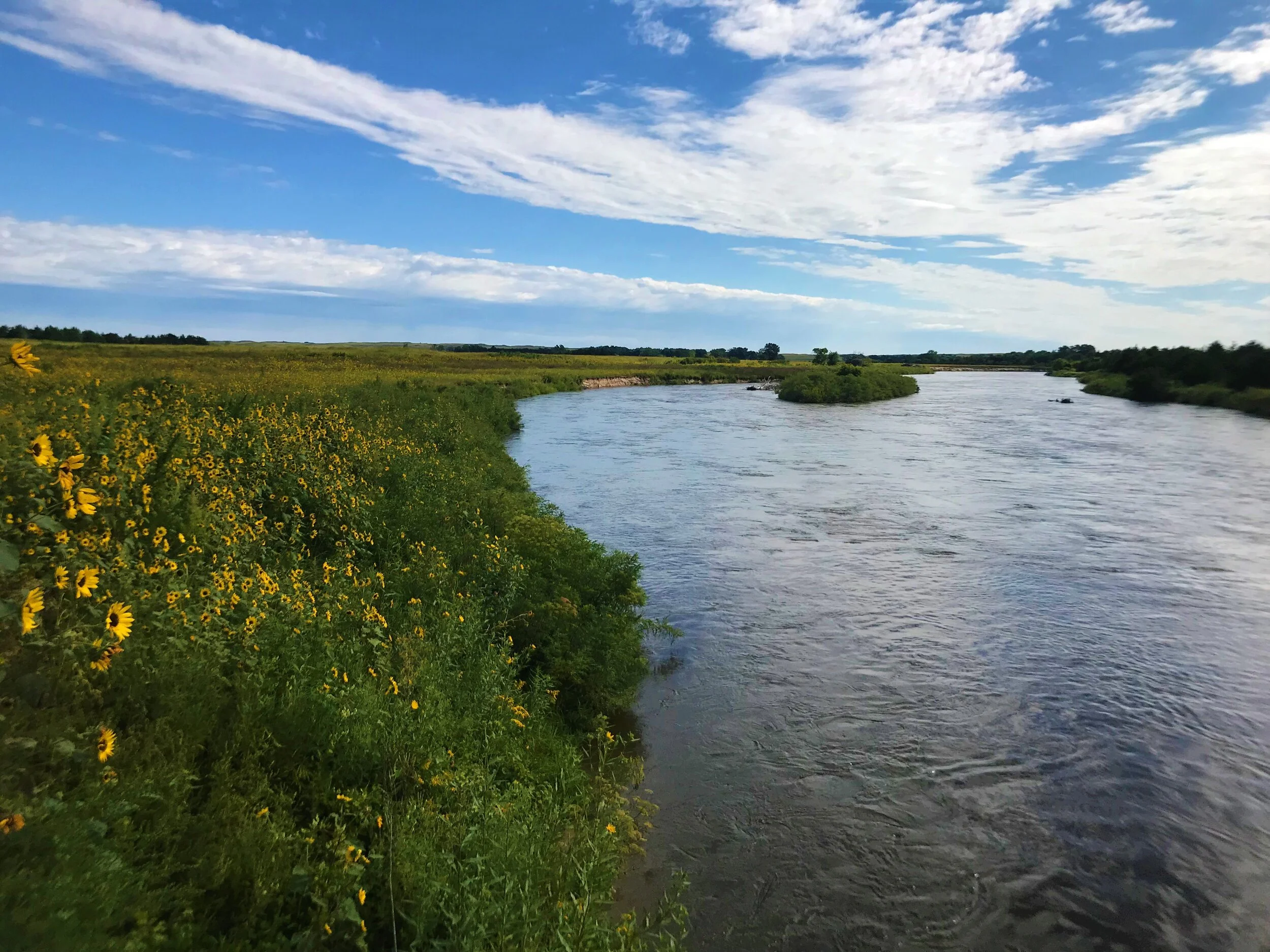NRD News
〰️
Spotlight Programs
〰️
About the Upper Loup
〰️
Our Services
〰️
NRD News 〰️ Spotlight Programs 〰️ About the Upper Loup 〰️ Our Services 〰️
Sandhills Discovery Center
Public Meeting
Sunday, January 18
3 – 5 pm CST
NRD Office – Thedford
(located at 39252 Hwy 2, Thedford)
Senator Mike Jacobson will be sharing the design updates and next steps for the Sandhills Discovery Center. The proposed site for the Sandhills Discovery Center is on the old site of the Nebraska State 4-H Camp in the Nebraska National Forest at Halsey.
For more information contact: Jana Jensen - 308-458-9685
Upper Loup NRD Directors Approve Expansion of Acres for 2026
With no significant changes in groundwater levels across the NRD, the Directors voted to allow up to 2,500 new acres to be developed throughout the District for 2026. Each of the five sub-districts has been allotted 500 acres. Interested landowners must apply for any new irrigated acres on an Expansion of Irrigated Acres Application form which can be found on the ULNRD website. The application period is now through September 30, 2025. Along with the application form, the landowner needs to submit an aerial photo depicting the new acres as well as a one-time non-refundable administrative fee of $100.00 per application of 25 acres or less, or $500.00 for applications over 25 acres. A minimum score of 15 points on the Upper Loup NRD Irrigated Acre Ranking Sheet is required for an application to be considered for approval. Each application will be ranked according to the following criteria: density of irrigated acres within the vicinity, NRCS soil classification, stream depletion factor, needing to drill a new well, groundwater quality, slope, removal of trees and any other criteria deemed relevant by the NRD District. Acres approved for expansion must be certified with the Upper Loup NRD as well as have a flowmeter installed.
“While natural disasters capture headlines and national attention short-term, the work of recovery and rebuilding is long-term.”
About
Find out more about our organization,
mission, the District, and our responsibilities.
need our services?
Our NRD offers a wide variety of services and products from water quality analysis and tree planning to field guide and Hefty bag sales.



